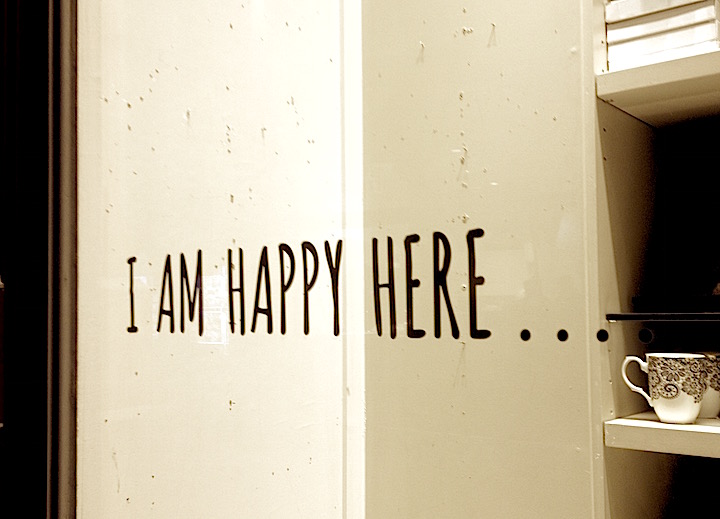As a child, I fell often. The outdoors was my space and earth, my ally. Whether it was arbitrary running around with friends, or pretending to climb a mountain on a three-feet incline, or learning the life-changing skill of cycling, each scar on my body tells a different story.
And each of these, I wear with pride.
When the outdoors remained out of reach (during the robust rains of Meghalaya), I’d probably prance around the house or try to balance on roller skates. Often, I fell — towards the refrigerator, the table with porcelain showpieces or that glass vase.
On all those occasions, I was constantly reminded of how precious and dear those things were. Those non-living things. I remember the time I was dancing around holding an empty cup, which fell onto the ground, shattered to pieces and nervously, I stepped on it. There was a piece of glass that went into my foot but I was scolded for having broken the cup.
Read: Would You Move To That Place?

While learning to cycle, each time I tried to let go of my support, I thought if my predictable fall would distort my cycle for good, than if the injury on my body would lead to an infection.
As an adult, I still fall often. The nature of my fall, however, has changed. I fall for the latest gadgets, for that Royal Enfield Classic 500 and even those delicate home decor products that gleam in low light. A few years ago, I fell into the trap of wanting to own property. These don’t leave any scars on my body, but they loan from my happiness and present.
I’ve been taught the value of these things since I was little. Instead of being encouraged for the new skill I was taking up, I was told how important the refrigerator is. (Sure, there is no denying that a fridge is an important part of every household but more than that bruise on a 10-year old?)
After seven years into adulthood, I looked at things clearly. I knew that non-living things are just things. Unless they independently add value to my life, they shouldn’t be encouraged. Simply put: unless that bottle of beer makes me feel good about myself (or the present), I will not fall for it.
I know a lot of people who need these things to validate themselves. And if it works for them, it works for them. The problem is: a lot of us don’t question it. We buy cars, because we’re supposed to or belong to a certain income group. Why don’t we use the available public transport? We buy homes and spend a majority part of our lives either paying the EMI or maintaining the house, while the people who made it a home have moved away.
Why don’t we invest in relationships and experiences more?
Read: Travellers: The Messengers of Happiness

A few years ago, when I understood minimalism, it marked a turning point in my life. It made me free. I still possess things — like a box of notes from my favourite people, boarding passes from my travels, negatives of photographs, journals of confessions and stirrers from best cocktail conversations.
And I still fall, more than I did as a child. I fall for the mountains each time I see them, for those unsavoury memories that taught me to give it another try when I’ve tried my hands on something new, for that enchanted smile of a stranger which pulls me to talk to her and for those conversations that continue to reshape my life.
After all, a bit of gravity is essential for balance.
Read: The Envious Life of a Travel Writer
I wrote this post for Medium two years ago.
What makes you weak at the knees?
To keep up with my attachment issues, follow me on Facebook and Instagram






Such a lovely read! :)
How lovely <3
‘A bit of gravity is essential for balance’ — truer words do not exist! And like you, I owe this shift I’ve noticed in me towards more minimalism (how oxymoronic!) to travel. And in particular to that moment when I’m packing and unpacking, TBH
Really good post, A. :)